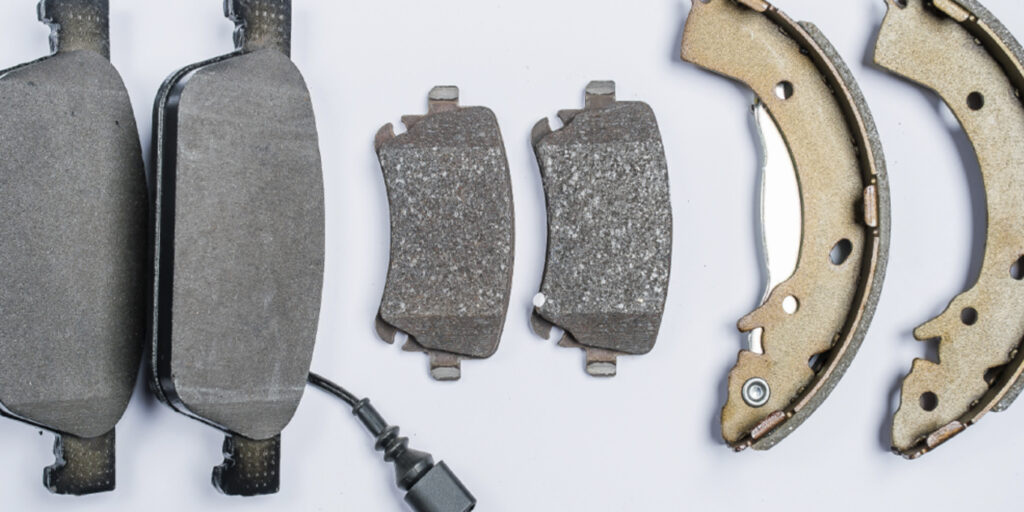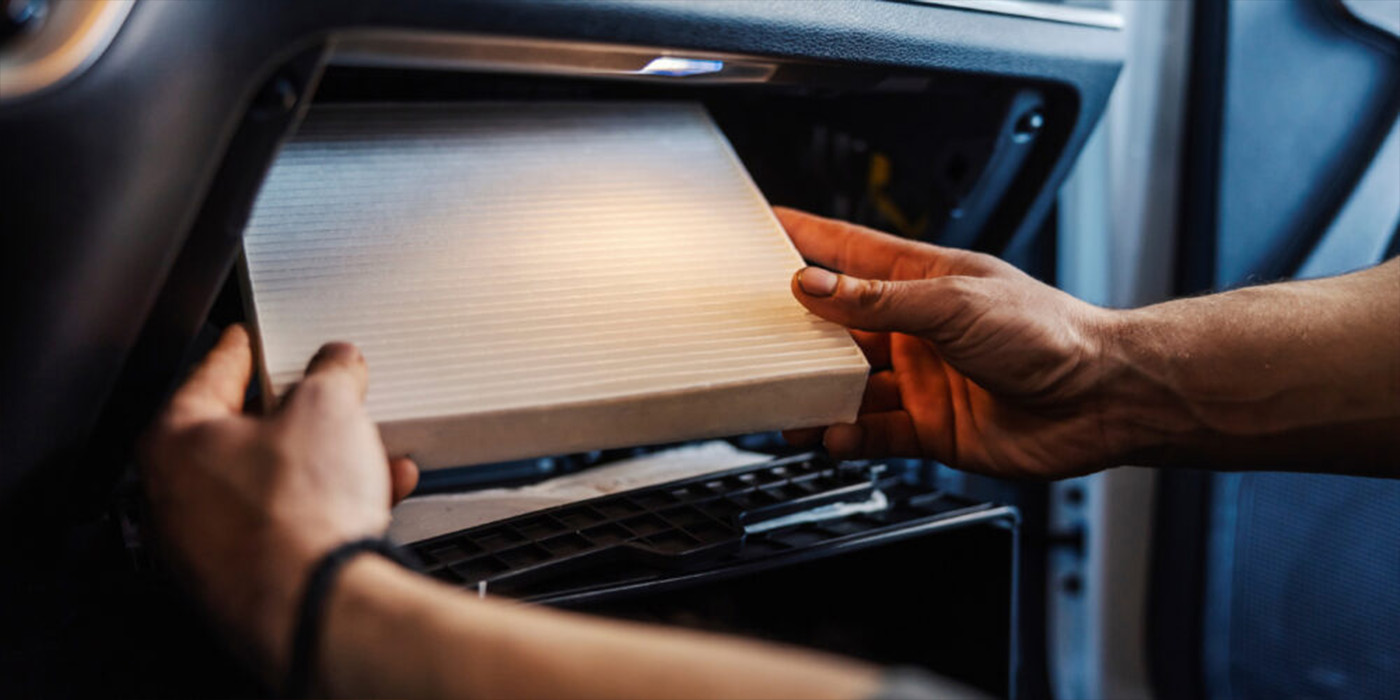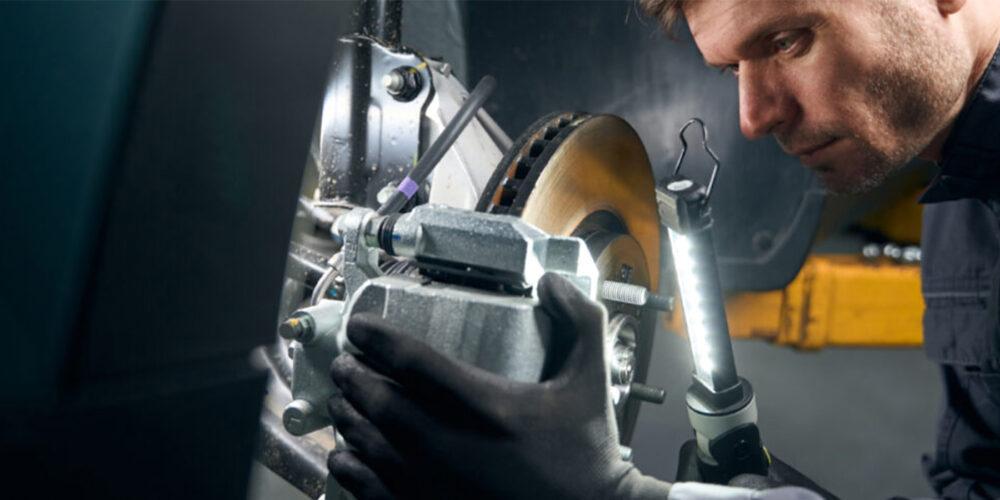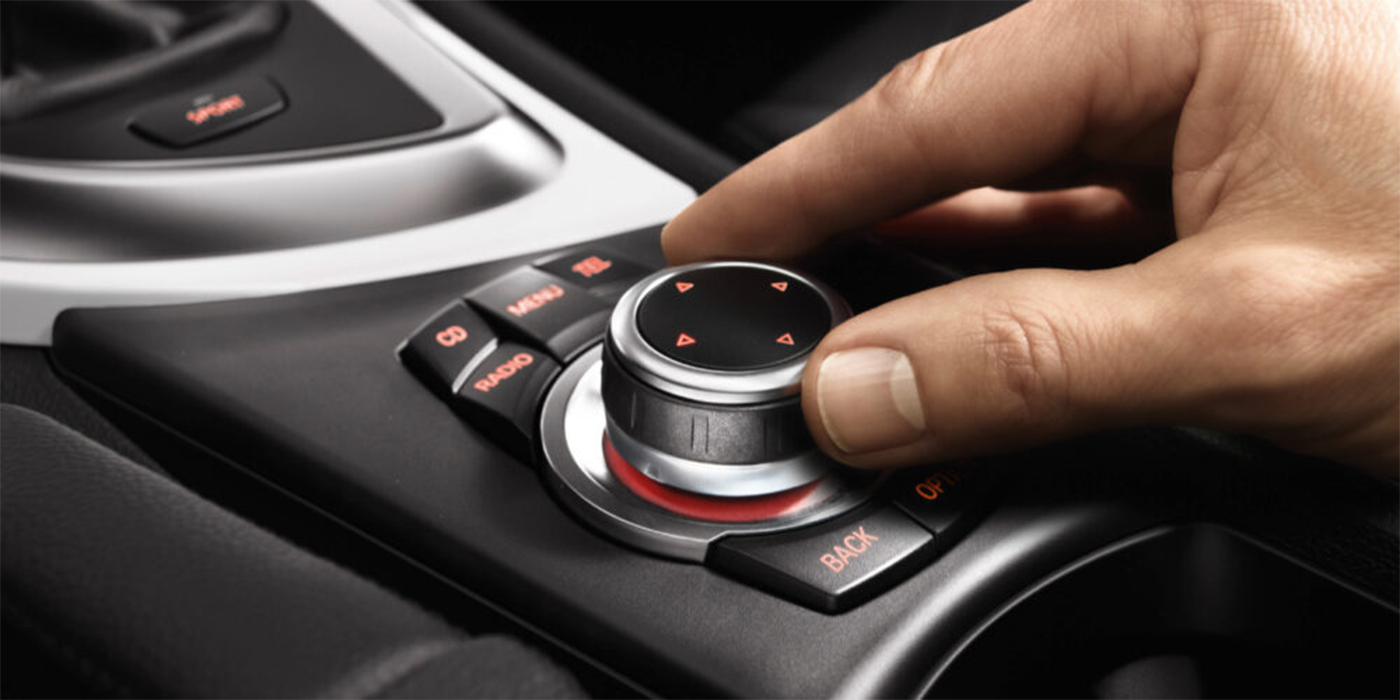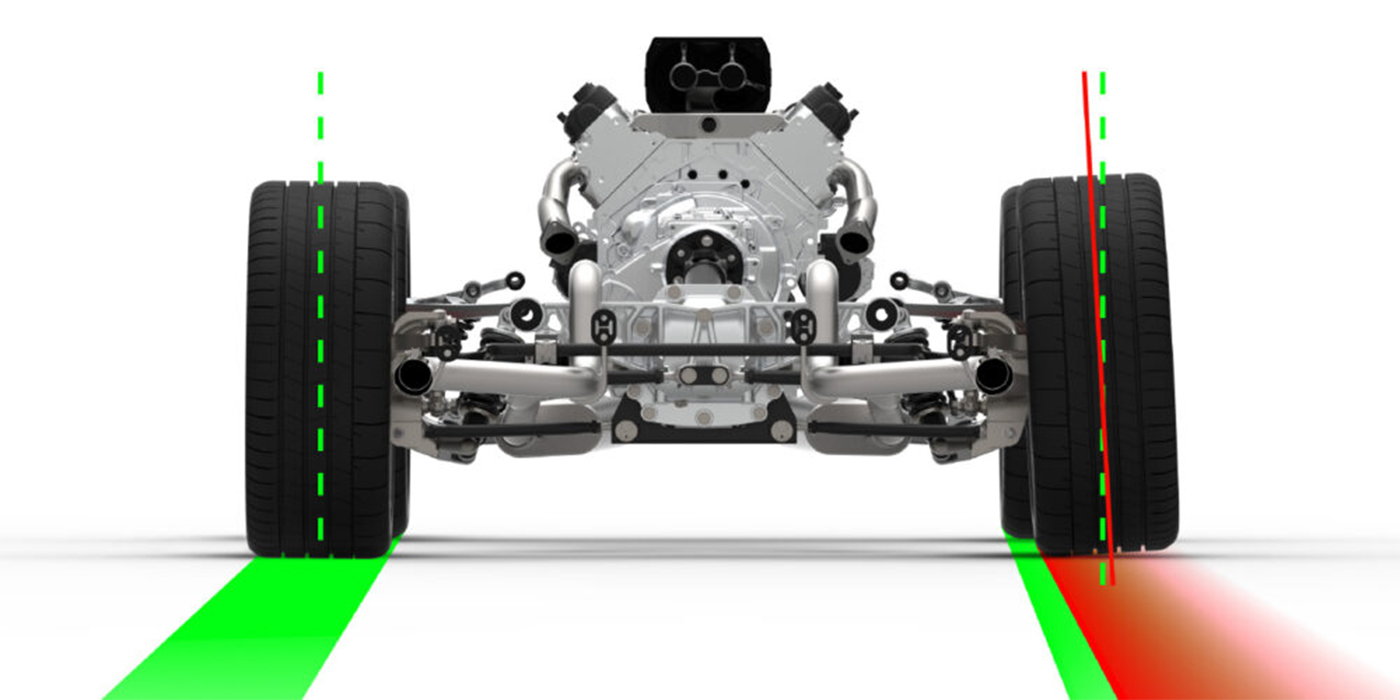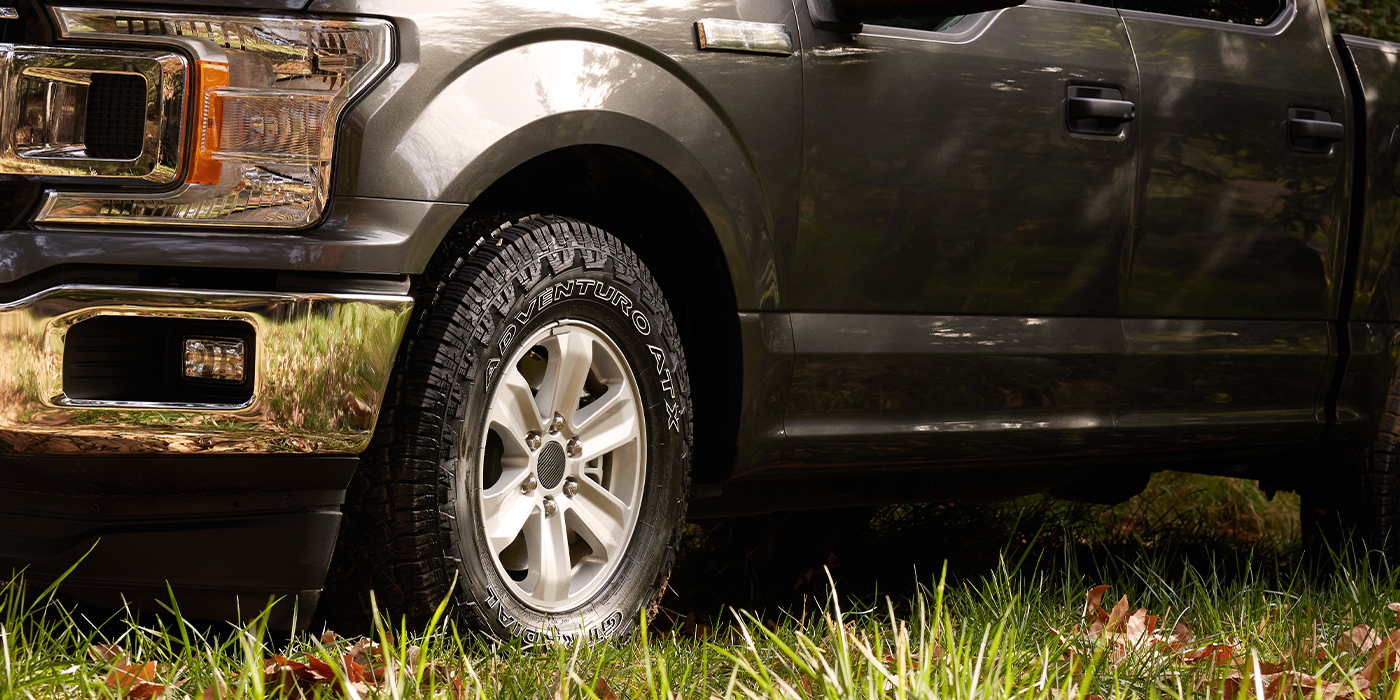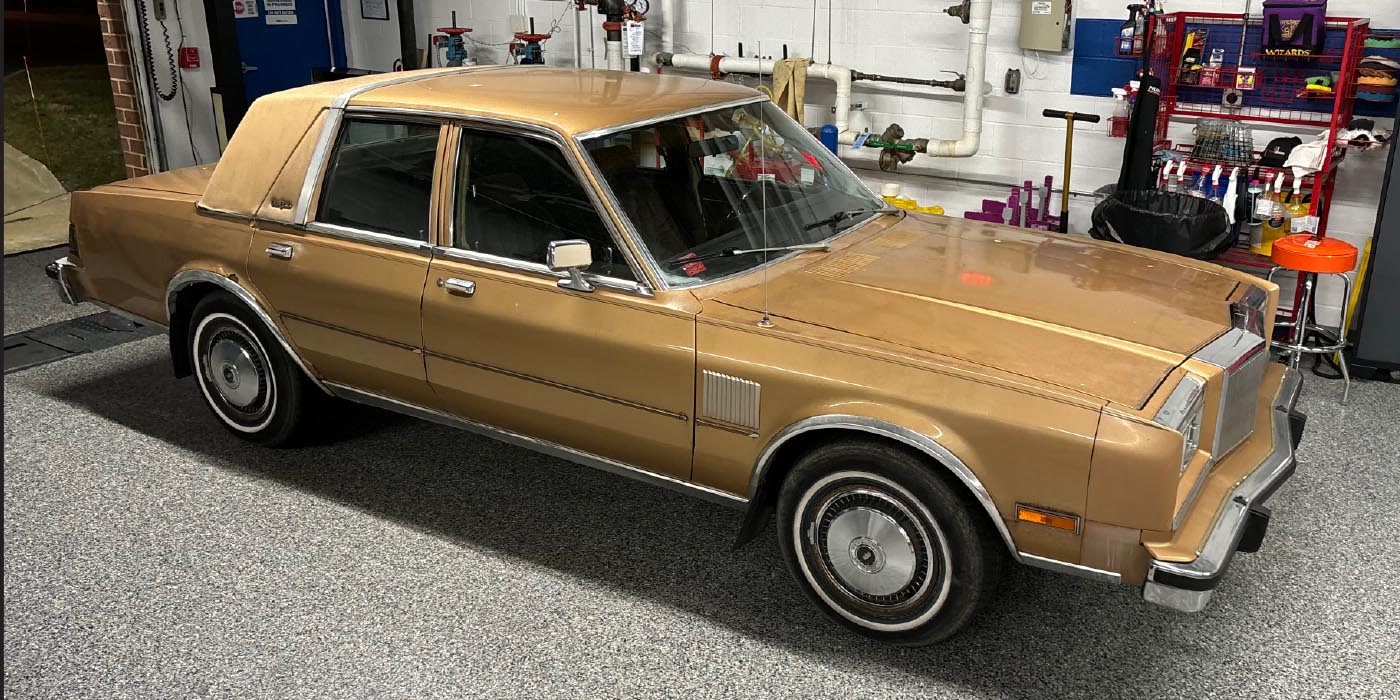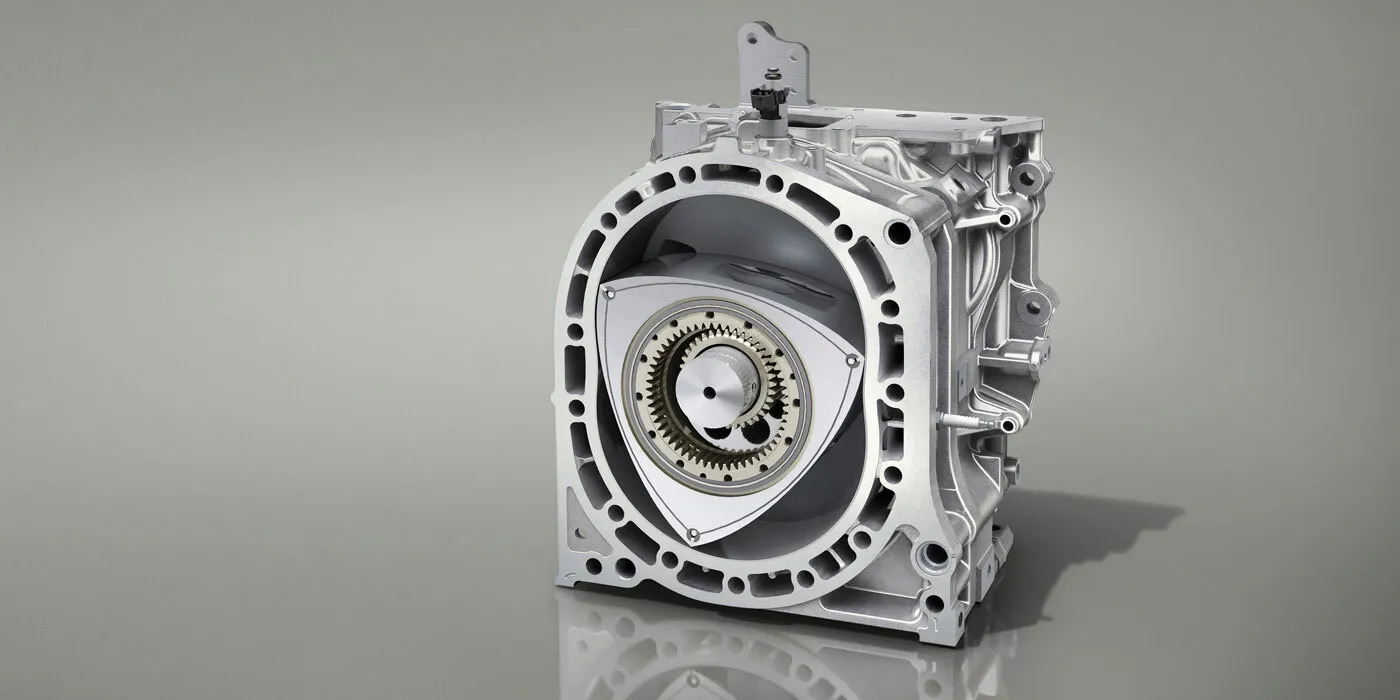We receive a lot of questions about brake pads across our brand channels and on social media. Most of the questions come from consumers trying to understand a repair recommendation or who wanting to replace their own brake pads. These answers may help in your shop.
Here are some of the most common questions we receive:
1. AREN’T ALL BRAKE PADS THE SAME? ISN’T THAT WHY SOME SHOPS ARE ABLE TO SELL BRAKE JOBS FOR THE SAME PRICE?
No, almost every vehicle model has a different shape of brake pad. The friction materials that are on the pad are different because almost every vehicle has different requirements and performance capabilities.
Some shops will be willing to take a loss on some brake jobs because some are very profitable. Some shops view a brake job as a “loss leader” that has the potential to generate other sales.
2. WHY DO SOME PADS COST MORE?
Buying a quality brake pad is like buying prescription medicine. When you are buying a prescription drug you are not just paying the cost to manufacture, package and market the pill. The bulk of what you are paying for is research and development. The same is true for brake pads.
Brake pads require a great deal of testing and engineering because they are made for a specific vehicle. A quality brake pad manufacturer will spend a lot of time and money on developing a brake pad application for your vehicle. This includes simulated and on-the-vehicle testing. This type of testing is people- and equipment-intensive.
Another cost of brake pad manufacturing is quality control. Reputable manufacturers will pull random samples from the production line and perform destructive testing. This costs money and time and may mean that a batch of pads could be rejected.
Marketing is also an associated cost for some brake pad lines. But, if a company is willing to advertise their brake pads, chances are they are willing to stand behind their brand name.
3. AREN’T BRAKE PAD MANUFACTURERS JUST COPYING THE ORIGINAL BRAKE PAD?
Carmakers do not say to replacement brake pad manufacturers, “Here is the recipe for our friction material for the 2021 models.” Brake pads are one of the few components on a vehicle that cannot be duplicated with just physical measurements. The original brake pad might use processes that can’t be duplicated. Even if the method can be duplicated, the technology might be patent-protected.
Sometimes, aftermarket brake pad manufacturers can make a pad that is better than the original. How? Time is on the aftermarket’s side. A brake pad manufacturer has the chance to see how a brake system is performing in the field under real world conditions. Also, brake pad formulations evolve and improve. The original pad for a 2012 Corvette is limited to 2012 technology. A 2021 brake pad for a 2012 corvette can use 2021 technology. But, here is the good news: as a vehicle gets older, chances are the replacement brake pads will get better because the manufacturer will have more data in the form of real-world miles.
4. WHO REGULATES THE PERFORMANCE OF BRAKE PADS?
In the United States, there are no federally mandated laws that regulate the performance of replacement brake pads. The burden of selecting a safe replacement brake pad is up to the shop and driver.
Some inexpensive brake pad manufacturers play the odds game by weighing profit against braking performance. Their pads may perform well during normal operating conditions like city and highway driving, but if the pads encounter a situation like a panic stop or steep hill descent, they could fail or have longer than normal stopping distances. This is because the maker might not have spent the money for testing or on quality raw materials. They are betting that you might not encounter extreme conditions. Would you really want to “call their bluff” when you have to go “all in” during a panic stop?
5. DOES EVERY BOX OF BRAKE PADS INCLUDE HARDWARE?
The typical box of disc brake pads has four pads (two pads for each side of the car). Some brake pad manufacturers will include other pieces of hardware to make sure the pad performs to its full potential. The items include anti-rattle clips, shims to reduce noise and wear sensors. Manufacturers sometimes include special lubricants to reduce the chance of the customer returning with a noise compliant.
Some low-quality brake pad manufacturers do not include these items in the box so they can maximize their profit and be the lowest-priced product on the store shelves.
6. IT IS AN OLDER CAR – I DON’T NEED TO SPEND A LOT OF MONEY ON BRAKE PADS.
Older cars still have to stop the same way a new car does under certain road conditions. Accidents do not discriminate between how much a car is worth and neither do lawyers.
7. CAN I BUY A LIFETIME BRAKE PAD?
Brake pads are designed to wear out. How fast they wear is dependent on the driver and the vehicle more than the pad’s friction material formulation. While there are pads on the market that promise more miles, it is difficult to say if one will last longer than another pad.
What can make a brake pad last longer is replacing the hardware and resurfacing the rotor with the correct finish. These two items can increase the life of the brake pad more than any other factor.
Corrosion can also limit the life of a brake pad. Corrosion can attack the backing plate and cause the friction material to delaminate. When the friction material separates from the backing plate it can cause noise at first. But, when the friction material departs the caliper, it is a safety issue because it can cause the piston to overextend and leak. To prevent this from happening, some pads use a galvanized backing plate and mechanical attachment.
8. WHAT IS THE BEST RESOURCE OF INFORMATION WHEN SELECTING THE RIGHT BRAKE PAD FOR MY VEHICLE?
The best source of information is a shop. A repair shop will buy more brake pads in two days than most people will buy in a lifetime.
With this experience, the person at the front counter can help you select the right brake pad for you and your vehicle. Brake pads are one item that most shops will not take a chance on because they have a vested interest in making your vehicle as safe as possible.
9. DO I NEED NEW BRAKE ROTORS IF THE BRAKE PADS ARE REPLACED?
Yes and No – it actually depends on the new brake pads.
Some brake pads transfer a very thin layer of friction material onto the surface of the rotor. Ceramic and some NAO pads use this type of friction. The transfer layer is bonded to the rotor’s surface and cannot be washed away by water or wheel cleaners. The only way to remove it is by removing it with a brake lathe. The old transfer layer can contaminate the new brake pads. The contamination can cause noise at best and longer stopping distances in some cases. Starting with a clean rotor surface gives the new brake pads a chance to establish an even transfer layer.
10. WILL YOU INSTALL THE BRAKE PADS I PROVIDE?
Customer supplied parts should never be warranted or even installed by a shop. With pads installed by a shop there is a chain of custody from the manufacturer to the local parts distributor.

